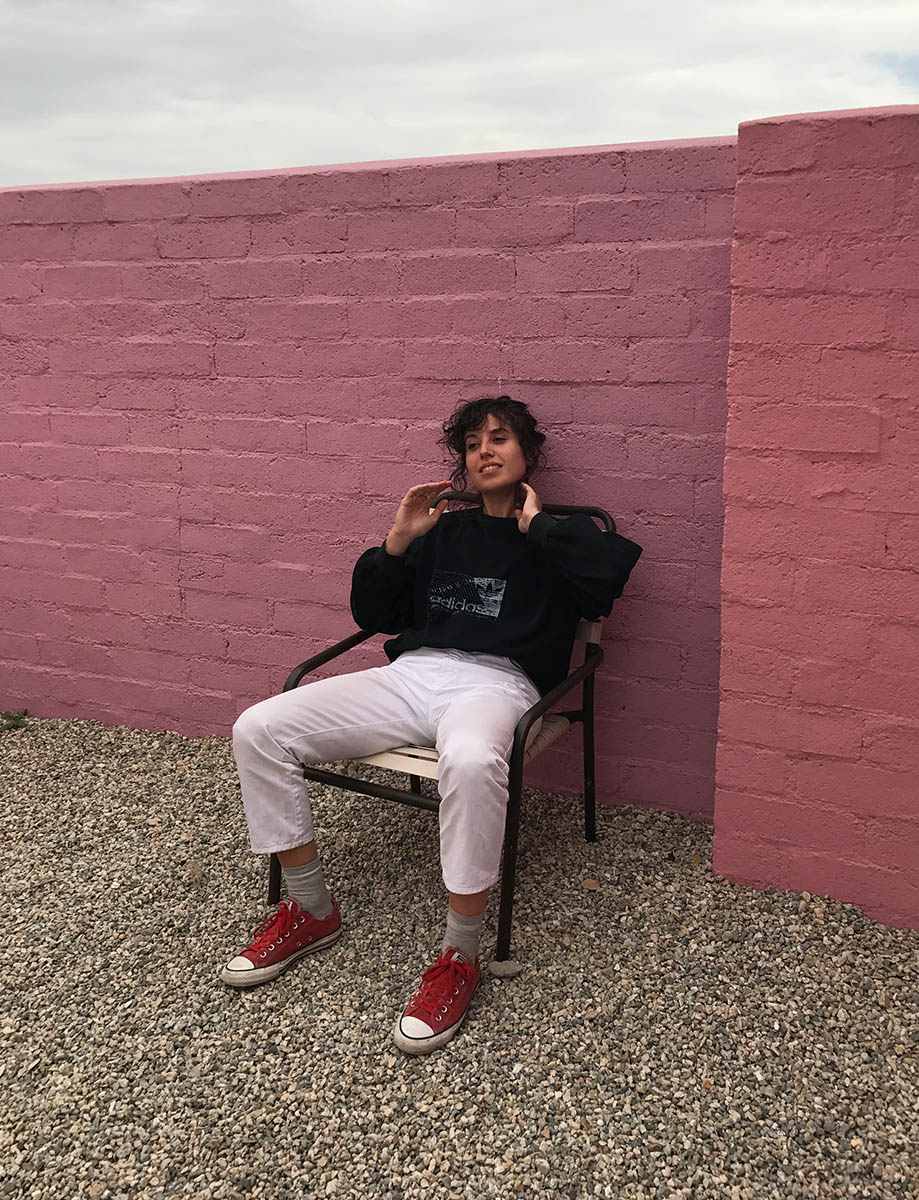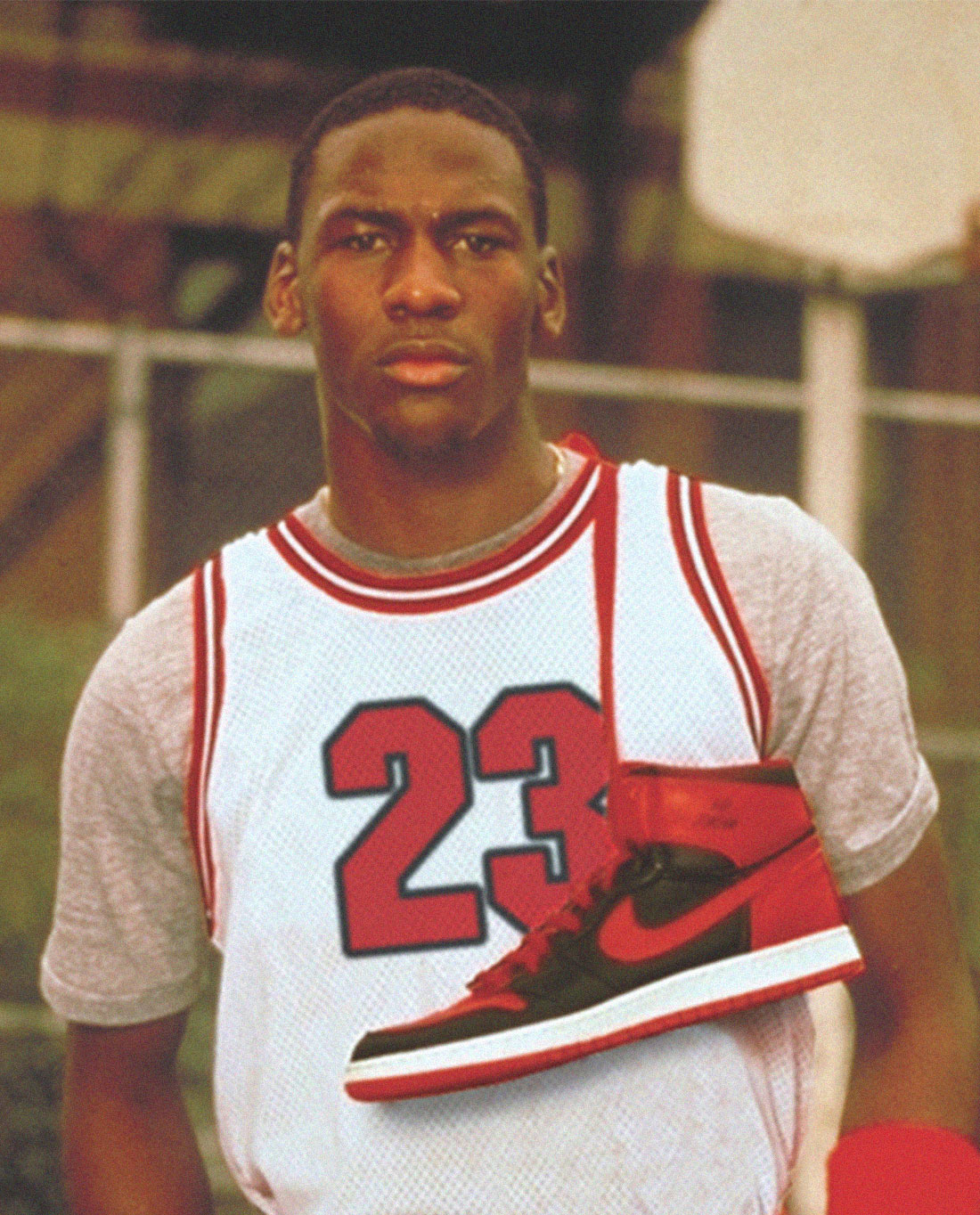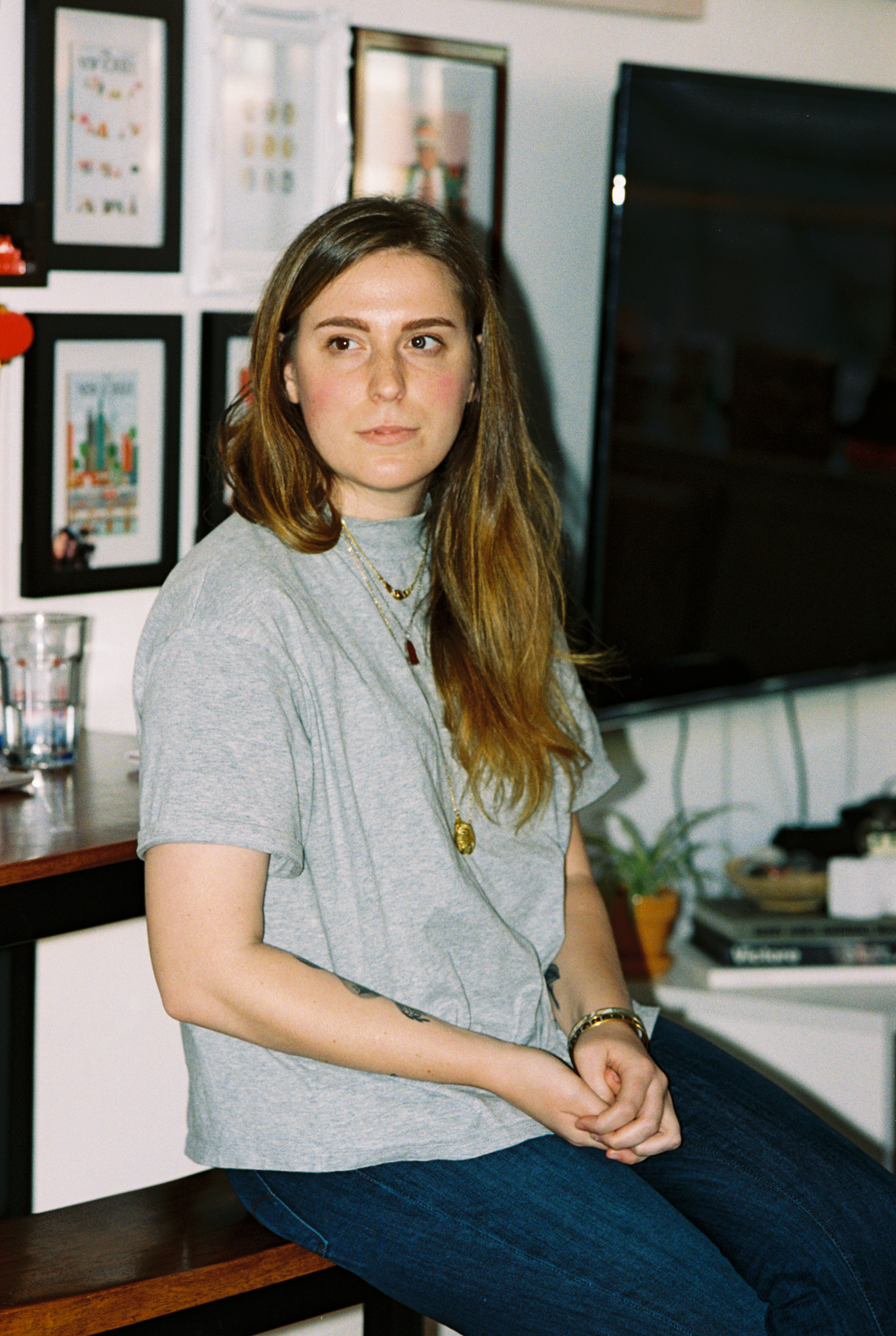Since then, Copson has grown and evolved into a lifestyle brand which today counts a spate of high-profile designers, as well as labels like New Balance and Converse, as collaborators. All of this rests on its idiosyncratic tees. “We started as good life skating and sipping beers in Barcelona,” Falbo reflects. “Now, good life has moved on to looking inwards as well as having nice material things.” We caught up with the skater turned designer to find out how to take a T-Shirt and turn it into an entire ecosystem.
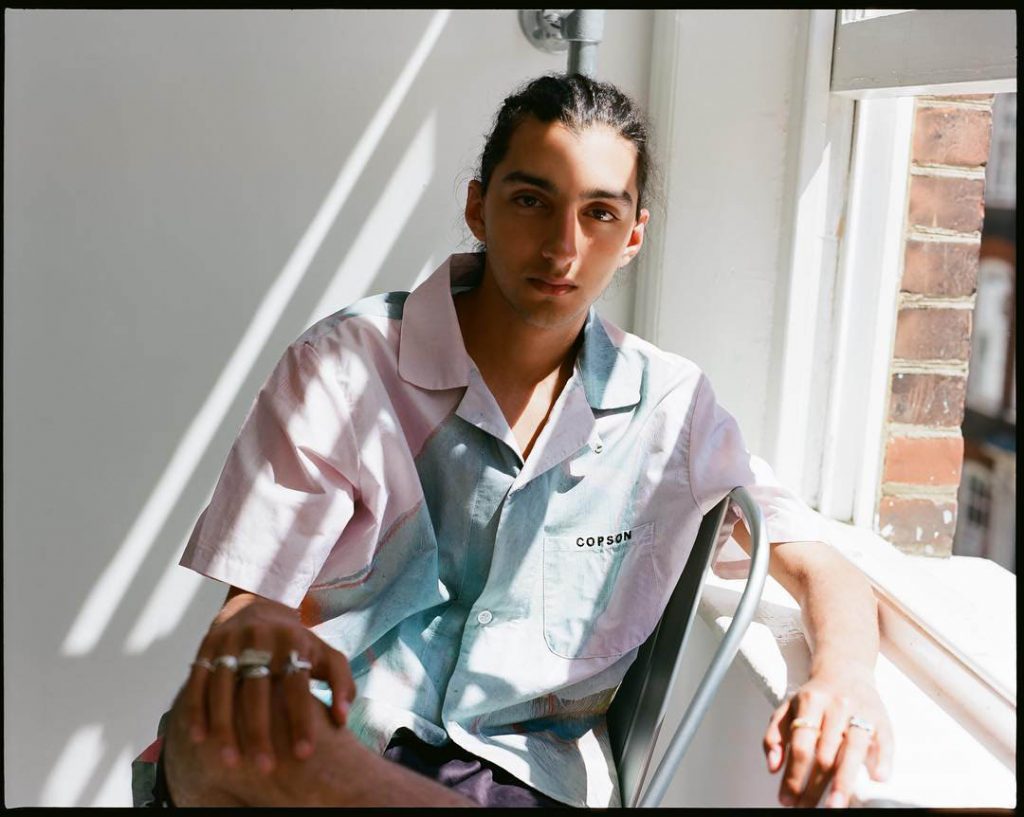
Find Your Niche
To build the foundations for a successful brand, Falbo advises asking yourself, ‘What am I trying to say that’s different?’ from the very beginning. Remember – people who buy your T-shirts are buying into a message. The very first Copson tees, described by Falbo as “playful, reactive and reflective of culture”, encapsulated what Copson was all about at the time. The brand blossomed because it was totally unique in the landscape. “It grew a following because it was so niche,” the brand’s co-founder explains. While the Copson offering may have grown and changed over the years, when you buy a tee today you’re buying into a story. “It’s a different mentality,” Falbo muses. “We make tees that are merch: they’re part of something bigger.”
they’re wearing and living it as much as you are
Do Your Homework
Once you’ve got your big idea, don’t dive straight in. Take your time to prepare as much as you can – especially on the practical side. “Everyone thinks running a brand is about nice visuals, creating desire and all of the fun stuff. But, it all relies on production, which is really tricky and challenging and exhausting,” Falbo warns. She advises asking as many people about production as possible before you start work. Online resources are useful, but reaching out to people whose work you admire and asking if you can work with them to gain real-time practical skills are better. “Being there in person and getting stuck in is a great way of learning,” Falbo enthuses.
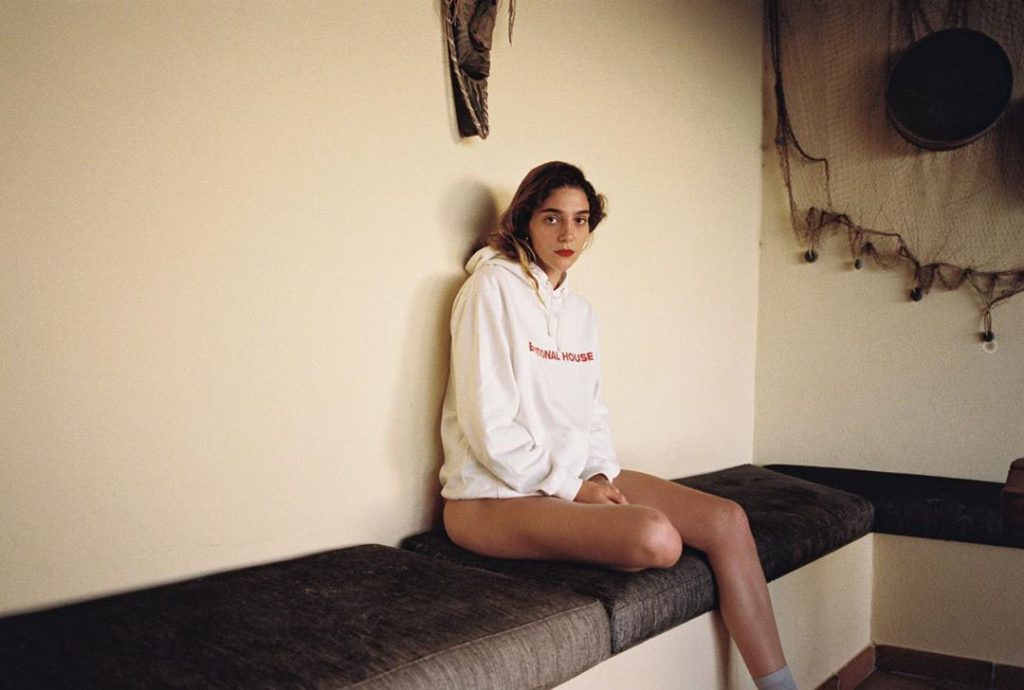
Which Tee’s Best?
If you’ve weighed up the challenges and you’re still serious about launching a brand with tees at the core, then you have to get your basics right from day one. For Falbo, fit is most important. The place to start? A classic white T-Shirt. Copson’s vibe is: “Nothing fitted or overly done; something that becomes a bit battered in the wash over time.” When you’re sourcing your tees, it’s essential that you ask for samples to try on so you can see how they sit and feel on a body.
Copson started with Gildan blanks, but these days Falbo likes to work directly with factories to ensure good conditions for workers as well as a quality product. To do that, the team asks as many questions as they can and visit factories in person, too. Falbo acknowledges that might not be possible for everyone, though, and suggests asking for personal recommendations. “Go through word of mouth,” she advises. “You can also look at where the factories are and that they’re up to a certain standard when it comes to human practice.”
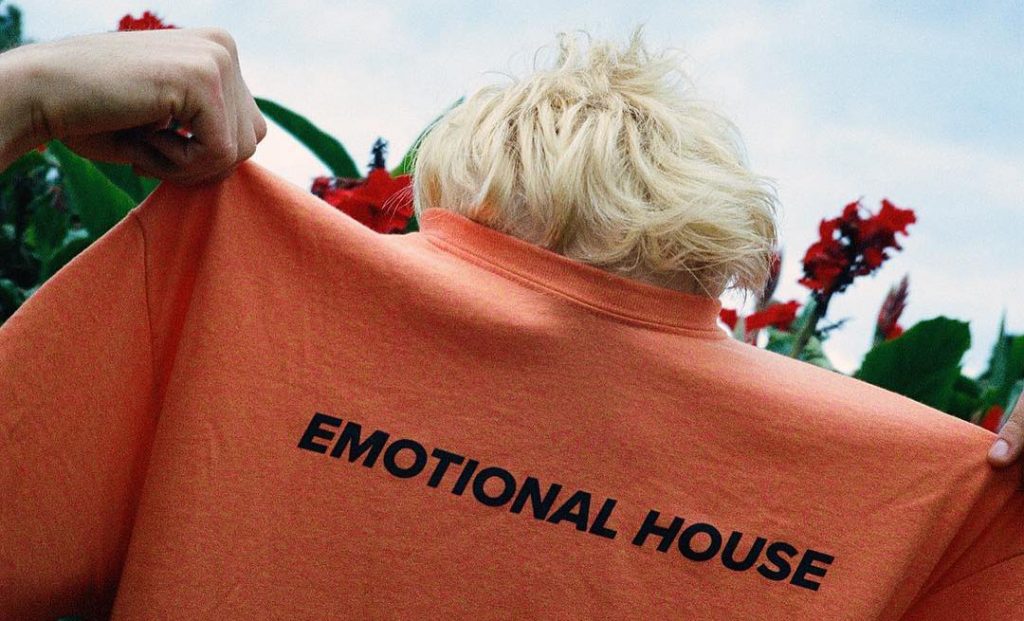
Friends First
Copson is a collective and the network of friends has been essential to its growth. For Falbo, working with friends and like-minded people has always been central to the growth of the brand but – at the same time – working with friends isn’t always smooth. Falbo has some tips for manoeuvring friendships and business. First, she says, always be open and transparent and maintain direct communication. Second, be clear on people’s roles from the word go. “Without clear rules and boundaries of whose owning what it can get really messy,” she says. For Copson, though, bumps in the road have been worth it. “The people who are part of your brand are so important,” Falbo declares. “They’re your billboard; they’re wearing and living it as much as you are.”
That Means Brands Too
As your name grows, other brands will want to work with you. Collabs are a great way to grow your name, but you have to pick who you team up with carefully. Falbo urges you to only work with brands you’re aligned with and only when it feels right. “Never do something that doesn’t sit right with the brand – it’s too damaging,” she says. Instead, set ground rules and make sure you’re upfront from the beginning.
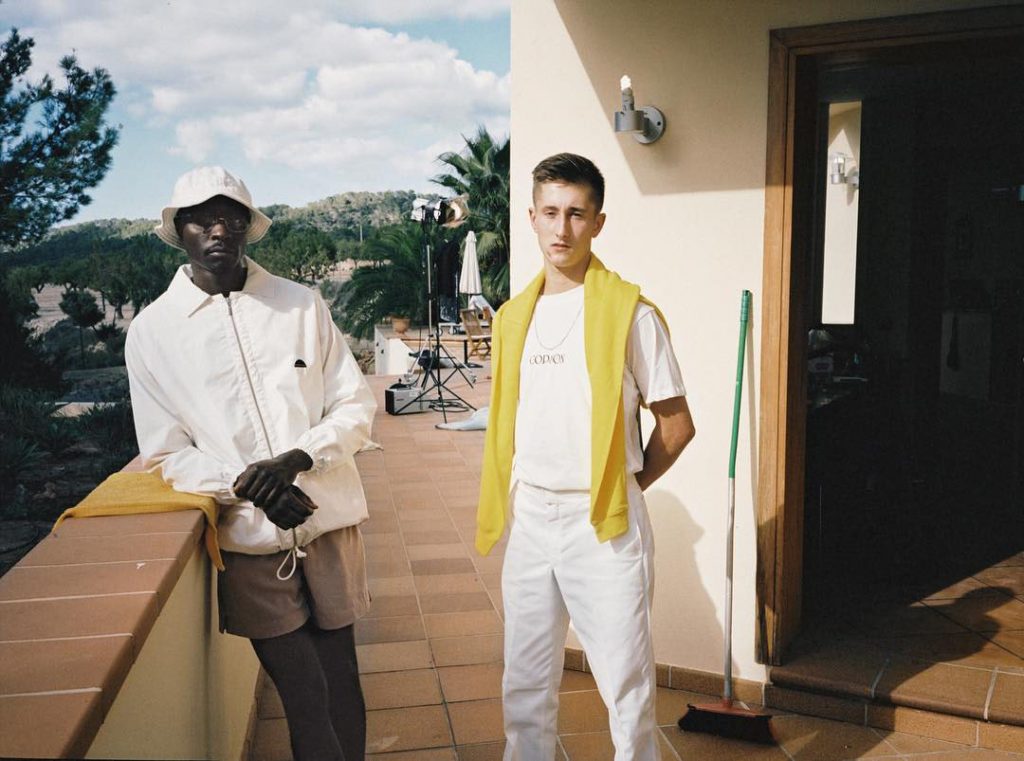
As well as designing herself, Falbo has brought a host of artists, including Jiro Bevis, Jamie Humphrey and Michael Willis, on board over the years. “There’s always touches of what we’re about in there,” she says of collabs. “It’s all about working with people who understand what the brand is as a whole.” Be prepared, though. Interactions with brands will throw up new challenges that you won’t be able to preempt. Falbo gives the example of deciding where logos will sit and whose will be bigger – a detail she now gets ironed out at the start. “Things will come up you would never have thought of,” she says, “but then you know for next time that you need to talk about that at the beginning.”
Keep the brand true to you.
Printers
When it comes to choosing a printer, you’re spoiled for choice. Falbo narrows down her selection by relying on personal recommendations and always asking for samples to ensure quality prints. What’s most important for Copson, though, is making sure that printers – and factories – can deliver on time. “That’s most valuable,” she emphasises. “If we can’t deliver on time then that affects our relationships with the stores.”
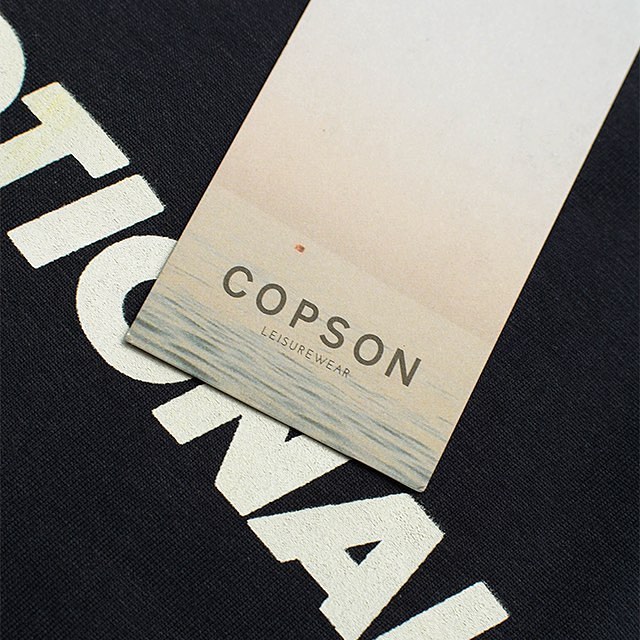
Retail Work
As well as selling online, selling in physical spaces can be a huge boost for your brand. As well as reaching out to stores they liked, Falbo and her team worked with agents and asked friends to help get the work seen by more buyers. Working with retail spaces will bring a new set of challenges. Especially when it comes to pricing. Retailers need a markup and moving into wholesale means considering new margins. Think about how much you’ll be taking home when you add a retailer who needs to make money to the mix and bear in mind the massive jump in the price of your T-Shirts.
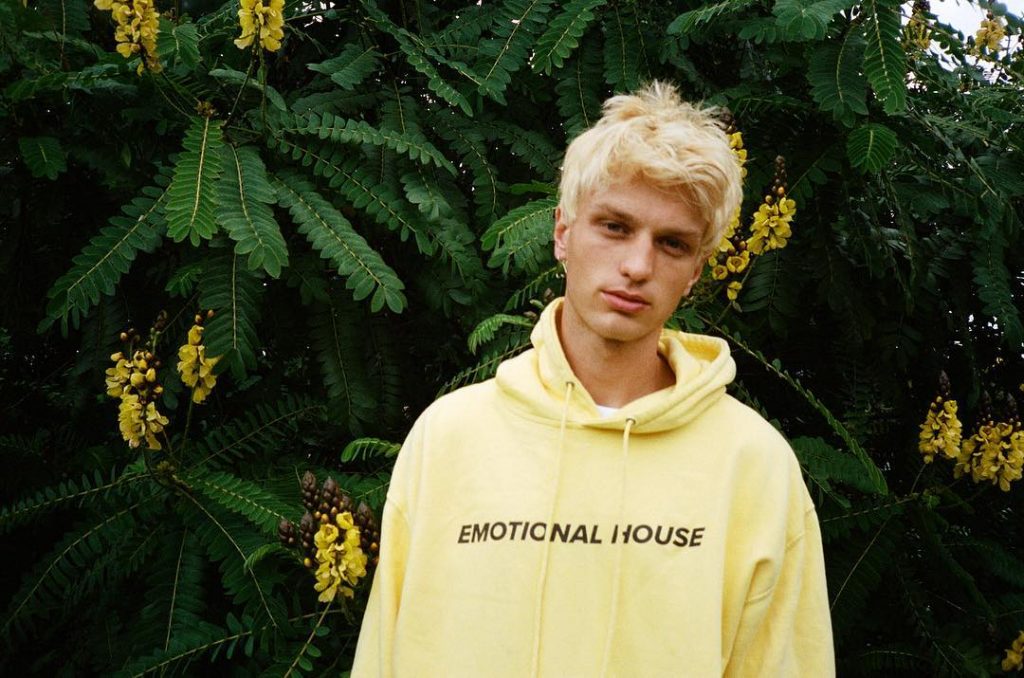
Falbo advises you to ask friends and people who work in the industry for as much advice as you can when it comes to costing. You also have to steel against rejections. Not every store you think is a perfect fit will feel the same, but don’t give up. Falbo reminds you to be patient. “You’ll definitely get knock-backs but you have to be brave and confident in your brand. Talk them through it. You have to seduce people over a long period of time.”
Don’t Stay Static
Niches are an excellent place for brands to be born, but that doesn’t mean you have to stay there. Copson has transformed over the years, maturing with its team. From a name change and rebrand to expansion, growth and collabs. Falbo urges you to stay fluid and develop the brand in tandem with your own personal evolution – even when something feels hard to let go of. “Keep the brand true to you. Otherwise what are people buying into?” Copson’s co-founder aks. While you may lose segments of your audience along the way, you’ll appeal to new communities. “You only want people who understand it to be a part of it anyway,” Falbo laughs. For her, the most important thing is having drive and a reason for doing something. “There are so many challenges that can make you cave, but if there’s a relentless drive to reach a certain place you’re more likely to succeed.”
Read next: Tips for thriving on physical Formats with Anthony Burrill.



